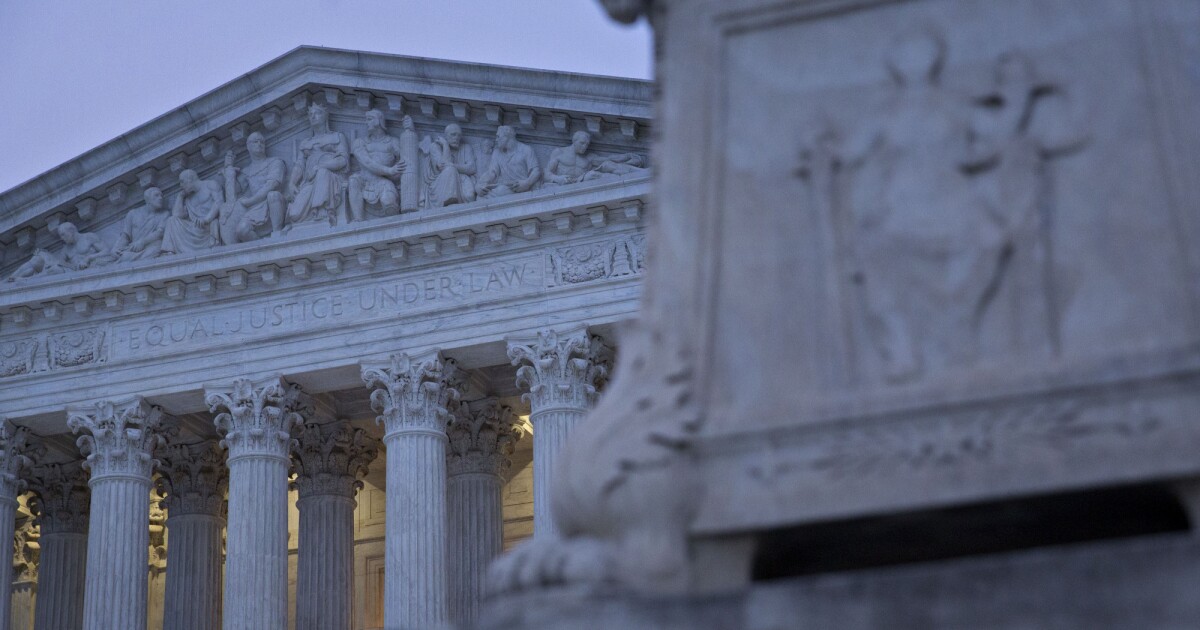Receive free Chinese corruption updates
We’ll send you a myFT Daily Digest email rounding up the latest Chinese corruption news every morning.
Xi Jinping has unleashed a new campaign to enforce party discipline and root out corruption in the military, in a sign that the Chinese leader’s decade-long push to exert tight personal control over the armed forces has fallen short.
At two high-level meetings in Beijing this month, Xi told military leaders they must “focus on solving the prominent problems that persist at party organisations on all levels with regard to enforcing the party’s absolute leadership over the military”.
The Central Military Commission, China’s top military leadership organ which Xi chairs, this month called for the establishment of an “early warning mechanism for integrity risks in the military” and announced a probe into corruption in equipment procurement going back almost six years.
The renewed campaign to enforce party discipline comes as several top officers of the People’s Liberation Army’s Rocket Force, which oversees the country’s nuclear and conventional missile arsenals, have disappeared from public view — often a signal of an investigation. China’s former foreign minister Qin Gang was absent from public commitments for a month before he was replaced by his predecessor, Wang Yi, last week.
Li Yuchao, the commander of the PLA Rocket Force, was not named in official reports of Xi’s promotion of senior PLA generals late last month, an event at which his attendance would have been expected. A person who received an account of the Rocket Force’s own general officer summer promotion ceremony said Li also missed that event, a situation PLA experts called “highly anomalous”.
According to Cercius, a Canada-based consultancy tracking elite Chinese politics, the status of about 10 current and former Rocket Force officials is unclear, including Li and his deputy Liu Guangbin.
“It is very very possible that some if not all of the individuals including current and former commanders were rolled up for discipline or corruption,” said Rod Lee, research director of the China Aerospace Studies Institute at the US Air Force’s university and a leading expert on the PLA Rocket Force.
Several current and past PLA’s Rocket Force officers, including Li Yuchao and his deputy Liu, have been targeted in a probe, the South China Morning Post reported on Friday. An investigation has not been officially announced, and the Financial Times could not independently confirm the subjects of a probe into the Rocket Force.
But Cercius pointed to the detention and arrests late last year of lower-level officials with ties to the Rocket Force as an indication of a wider probe. It is common for the investigation of junior officials to be followed months later by arrests of more senior cadres for corruption.
In early June, the Central Commission for Discipline Inspection, the Chinese Communist party’s powerful internal watchdog, announced that more than 39 senior military and political cadres had been arrested since the 20th party congress last October, but it has not published the names of all of those facing prosecution.
Under Xi, China’s most powerful leader since Mao Zedong, an anti-corruption crusade has served the dual purposes of eliminating political rivals and punishing endemic graft. Since 2012, nearly 5mn lower-level officials as well as thousands of higher-level “tigers” have been ensnared, as well as executives in the technology, finance and energy industries and even China’s own anti-graft watchdogs.
It remains unclear whether Xi’s renewed focus on the military was prompted by a particular case or bigger concerns over political loyalty. The Rocket Force is one of the PLA’s most strategically important branches, with responsibility for China’s rapidly expanding land-based nuclear deterrent as well as the missile systems critical to a potential attack on Taiwan and efforts to deny US forces access and free movement in the western Pacific.
Two foreign senior government officials briefed on related intelligence said the Rocket Force leaders were being probed for leaking military information.
“The trigger was the fact that we, outside China, have a quite detailed understanding of the Rocket Force’s structure by now,” said one of the officials. “It’s about divulging secrets.”
The military was one of Xi’s first targets after taking power, in a dramatic overhaul to assert authority over a force that he judged had begun to slip into decay and slipped out of the Communist party’s control, according to Phillip Saunders, director of the Center for the Study of Chinese Military Affairs at the US National Defense University. Two former CMC vice-chairs, Xu Caihou and Guo Boxiong, faced prosecution for corruption in 2014.
“Ten years on, there’s a new generation of leaders, some of that anti-corruption fear has worn off,” Saunders said. “There’s a need periodically to re-emphasise the drive against corruption and re-emphasise politically the theme of loyalty to the party.”
Ahead of PLA Day on August 1, which marks the founding of the CCP’s armed services, official media have published a series of articles exhorting cadres to “strengthen military governance”.
“That they talk about these problems again is a code phrase for saying absolute loyalty to the party has not yet been achieved,” said Lyle Morris, senior fellow at the Asia Society Policy Institute’s Center for China Analysis and a former China country director in the office of the US secretary of defence. “Xi has consolidated control of the PLA in unprecedented ways. But that doesn’t mean it’s complete.”
Over the past decade, Xi has moved military watchdogs such as the audit bureau and the discipline inspection commission directly to the CMC to prevent collusion with other departments, reinvigorated party organs in the military and built a body of regulations aimed at constraining commanders’ leeway for corruption.
But most importantly, he has concentrated control over the military in his own hands, elevating the powers of the CMC chair and enshrining those changes in the communist party charter.
Some experts said the latest probe pointed to a failure of those reforms.
“Obviously there were loose ends in selecting Rocket Force leaders. Since Xi selected these people himself, his leadership is compromised,” said Andrew Yang, a former Taiwan defence minister and veteran PLA analyst. “He now has to defuse the negative impact in the military.”
Credit: Source link











